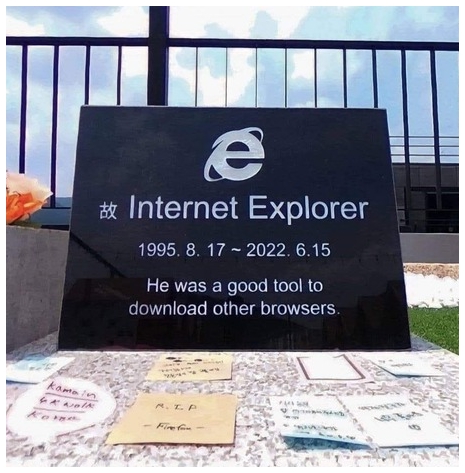This is an automated archive made by the Lemmit Bot.
The original was posted on /r/linux_gaming by /u/TibixMLG on 2025-08-30 01:12:03+00:00.
Dashboard
Hey folks, for the past couple of months I've been working on a free and open-source app which bridges the gap between Linux and Windows even further. This is how WinBoat was born, and I'm really excited to share it with all of you.
Setup Screen
It's a passion project of mine, I wanted to create something that both new folks moving over from Windows to Linux and folks with more advanced requirements could use. Something with a polished interface and well designed integrations.
Apps Page
WinBoat uses Docker and KVM underneath the hood, and because it runs real Windows, you can use any Windows app pretty much. FreeRDP is used for compositing windows onto your Linux desktop. You can move, resize, and drag them around like you'd do with any other window. WinBoat takes some inspiration from WinApps (it's an awesome project, you should check it out) but takes a different approach when it comes to UI/UX, automation, and features.
Native Windows
If you're interested please check out winboat.app and join our Discord community. 😄
Should you happen to have any questions, please leave a comment and I'll try to answer you.
Features
- Elegant Interface: Sleek and intuitive interface that seamlessly integrates Windows into your Linux desktop environment, making it feel like a native experience
- Automated Installs: Simple installation process through the app interface - pick your preferences & specs and let WinBoat handle the rest
- Run Any App: If it runs on Windows, it can run on WinBoat. Enjoy the full range of Windows applications as native OS-level windows in your Linux environment
- Full Windows Desktop: Access the complete Windows desktop experience when you need it, or run individual apps seamlessly integrated into your Linux workflow
- Filesystem Integration: Your home directory is mounted in Windows, allowing easy file sharing between the two systems without any hassle
- And many more: Smartcard passthrough, resource monitoring, and more features being added regularly
Tech Stack
- Electron & NodeJS (App)
- Vue (Frontend)
- Xel Toolkit & Tailwind (UI Frameworks)
- Golang (Guest Server Backend)
- Docker (Guest Host)










